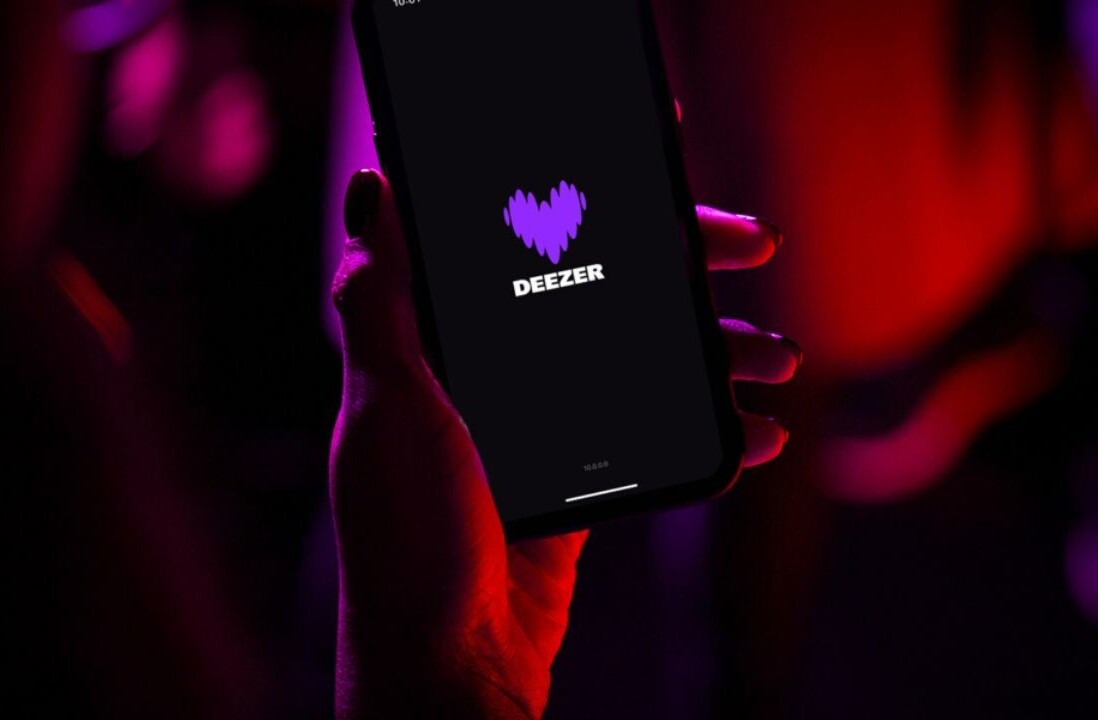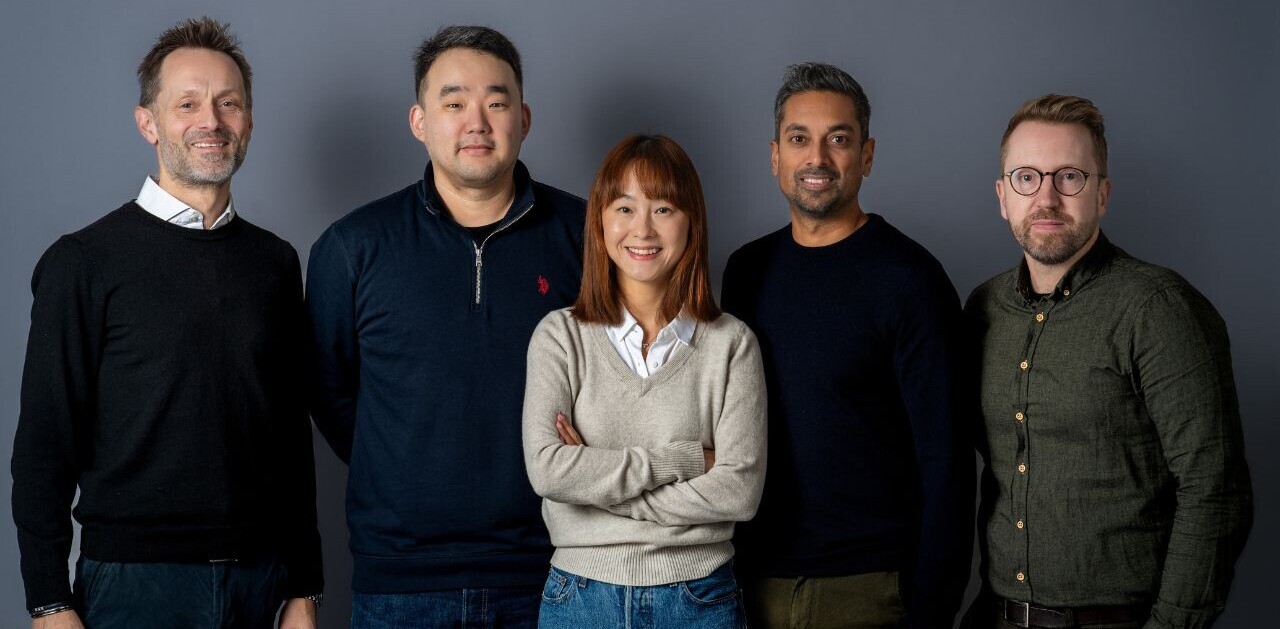
Search interest in ChatGPT has reached a 2,633% boost in interest since last December, shortly after its launch. For the artificial intelligence and machine learning industry, and for those working in tech as a whole, OpenAI’s chatbot represents a true crossing of the Rubicon.
A generative form of AI, it uses prompts to produce content and conversations, whereas traditional AI looks at things such as pattern detection, decision making, or classifying data. We already benefit from artificial intelligence, whether we realise it or not—from Siri in our Apple phones to the choices Netflix or Amazon Prime make for us to the personalisations and cyber protection that lie behind our commercial interactions.
ChatGPT is just one of an increasing number of generative AI tools, including Bing Chat and Google Bard. DeepMind’s Alpha Code writes computer programs at a competitive level; Jasper is an AI copywriter, and DALL-E, MidJourney and Stable Diffusion can all create realistic images and art from a description you give them.
As a result, generative AI is now firmly embedded in the mainstream consciousness, with much credit going to ChatGPT’s easy to use interface, and its ability to produce results that can be as sublime as they are ridiculous. Want it to produce some Python code? Sure thing—and it can generate you a funny Limerick too, if you’d like.
How generative AI will impact the job market
According to Salesforce, 57% of senior IT leaders believe generative AI is a game changer, and because it is intuitive and helpful, end users like it as well.
While your job may be safe from AI (for the moment), ChatGPT-generated content has gotten into the the top 20% of all candidates shortlisted for a communications consultant role at marketing company Schwa, and it has also passed Google’s level 3 engineering coding interview.
Roles that are likely to resist the advent of generative AI include graphic designers, programmers (though they are likely to adopt AI tools that speed up their process) and blockchain developers, but many other jobs are likely to be performed by AI in the (near) future.
These include customer service jobs—chatbots can do this efficiently. Bookkeeping or accounts roles are also likely to be replaced as software can do many of these tasks. Manufacturing will see millions of jobs replaced with smart machinery that does the same job, but faster.
But, while AI may replace some jobs, it will also generate a slew of new ones.
The World Economic Forum predicts that the technology will create 97 million new jobs by 2025. Jobs specifically related to the development and maintenance of AI and automation will see growing adoption as AI integrates across multiple industries.
These could include data detectives or scientists, prompt engineers, robotics engineers, machine managers, and programmers, particularly those who can code in Python which is key for AI development. AI trainers and those with capabilities related to modelling, computational intelligence, machine learning, mathematics, psychology, linguistics, and neuroscience will also be in demand.
Healthcare looks set to benefit too, with PwC estimating that AI-assisted healthcare technician jobs will see an upward surge. A sector that is already creating new jobs is automated transportation with Tesla, Uber, and Google investing billions into AI-driven self-driving cars and trucks.
If you want to work in AI now, there are plenty of jobs on offer. Discover three below, or check out the House of Talent Job Board for many more opportunities.
Staff Data Engineer, Data & ML Products, Adevinta Group, Amsterdam
Adevinta is on the lookout for a top-notch Staff Data Engineer to join the team and make a global impact in an exciting and dynamic environment. You will build and run production-grade data and machine learning pipelines and products at scale in an agile setup. You will work closely with data scientists, engineers, architects, and product managers to create the technology that generates and transforms data into applications, insights, and experiences for users. You should be familiar with privacy regulation, be an ambassador of privacy by design, and actively participate in department-wide, cross-functional tech initiatives. Discover more here.
AIML – Annotation Analyst, German Market, Apple, Barcelona
Apple’s AIML team is passionate about technology with a focus on enriching the customer experience. It is looking for a motivated Annotation Analyst who can demonstrate active listening, integrity, acute attention to detail, and is passionate about impacting customers’ experience. You’ll need fluency in the German language with excellent comprehension, grammar, and proofreading skills, as well as excellent English reading comprehension and writing skills. You should also have excellent active listening skills, with the ability to understand verbal nuances. Find out more about the job here.
Artificial Intelligence Product Owner – M/F, BNP Paribas, Paris
As Artificial Intelligence Product Owner, you’ll report to the head of the CoE IA, ensuring improvements to data science tools (Stellar, Domino, D3) to integrate the needs of data scientists and data analysts in particular. You will also participate in all the rituals of Agile methodology and will organise sprint planning, sprint review, retrospective, and more for team members. You will also be the Jira and Confluence expert. If this sounds like a position for you, you can find more information here.
Get the TNW newsletter
Get the most important tech news in your inbox each week.





